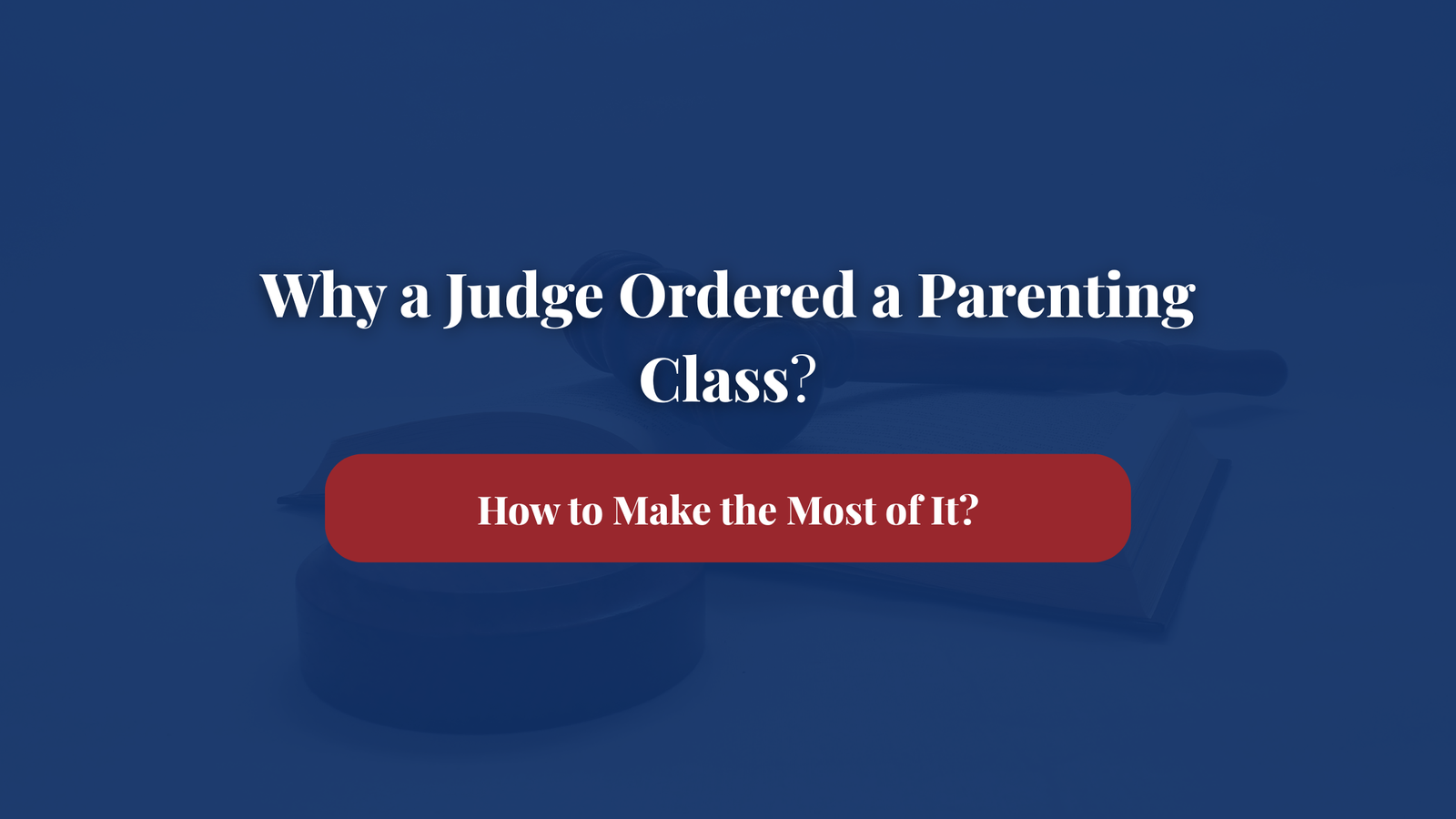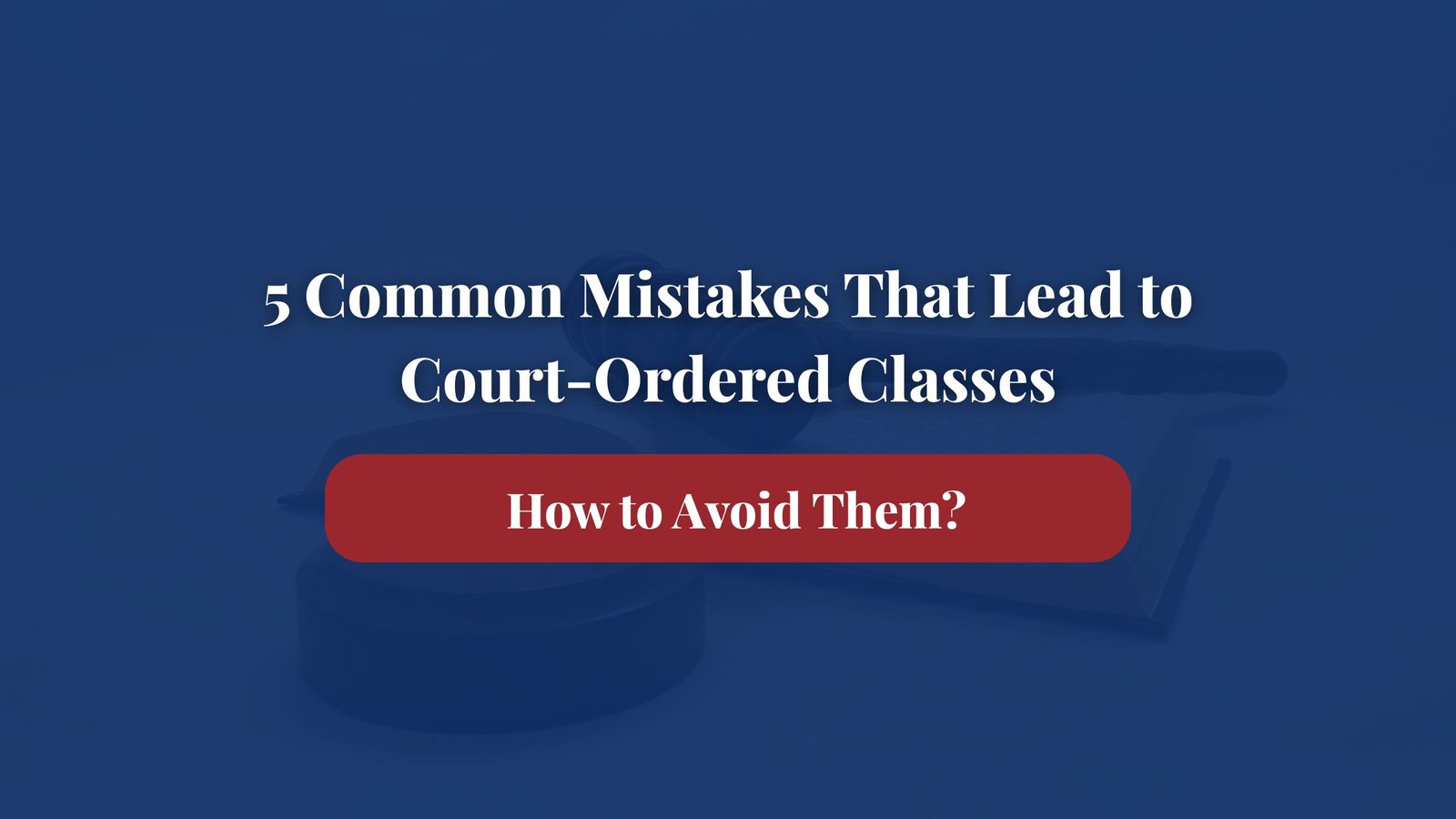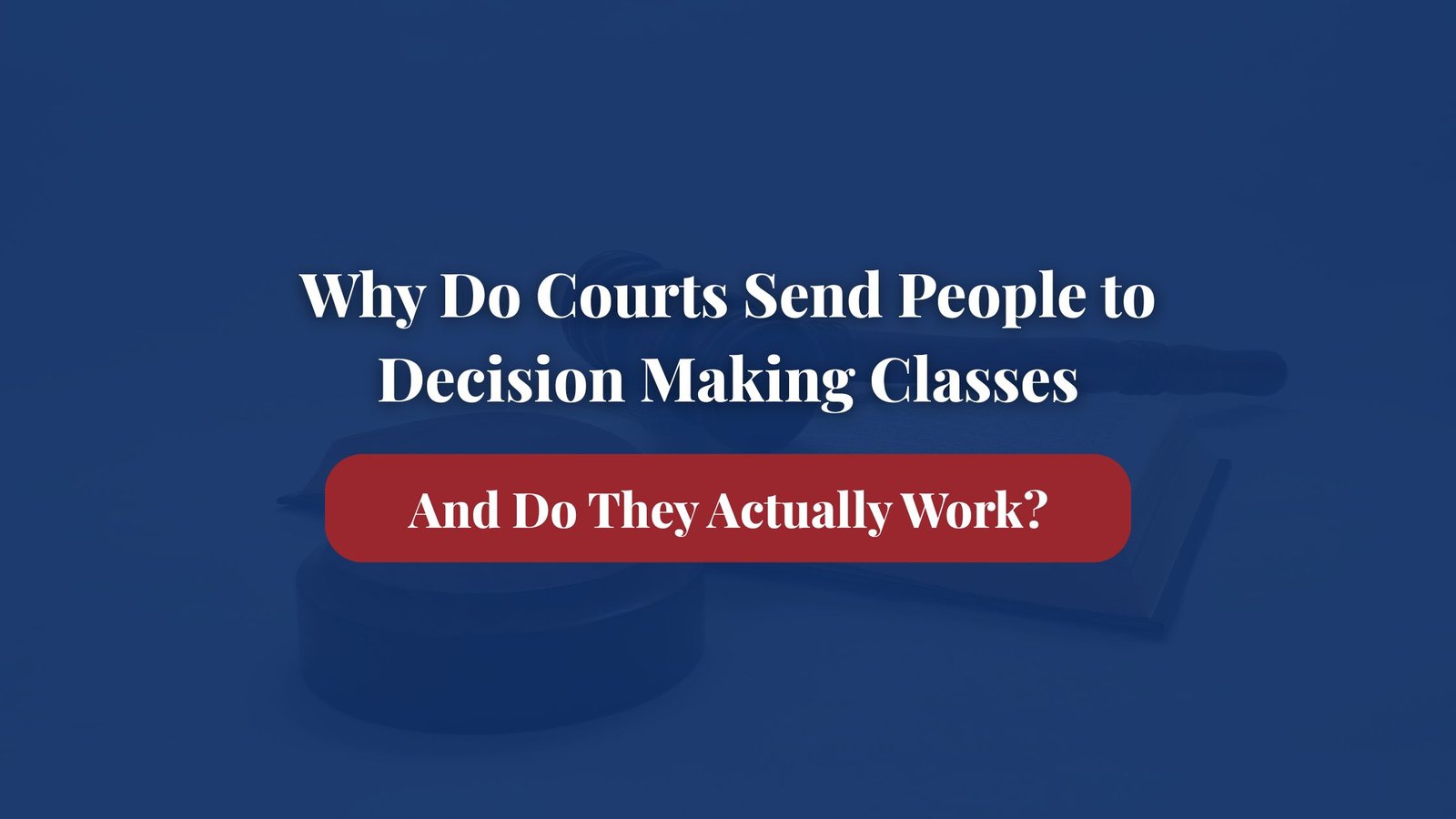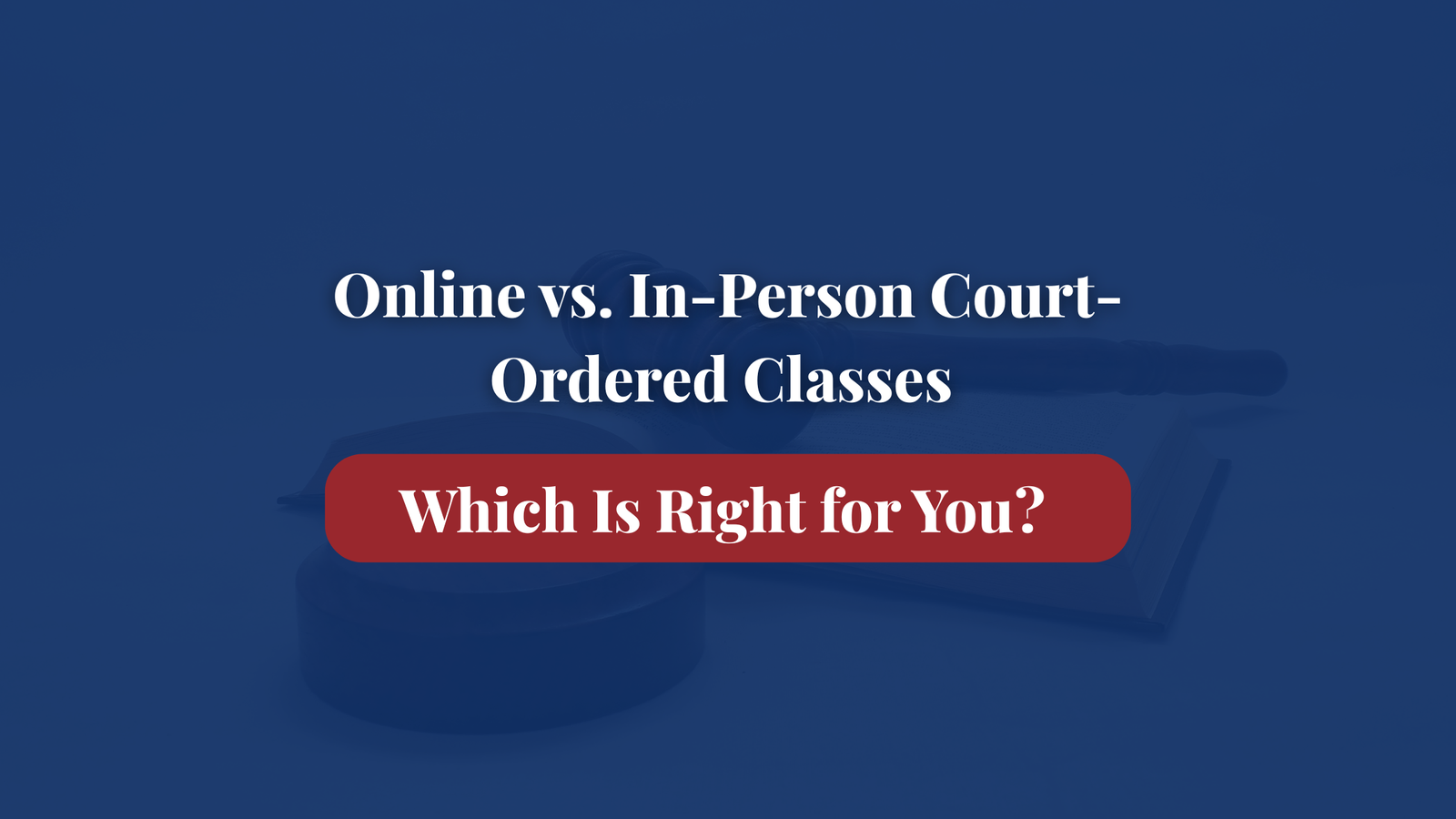The letter arrives, and your heart sinks. The words “court-ordered” leap off the page, and it feels like a judgment—another painful step in an already exhausting journey. Sarah felt this exact way, staring at the mandated parenting class requirement after months of tense exchanges and sleepless nights worrying about her two young children. To her, it felt like a punishment. But what she discovered was something else entirely: it was a lifeline.
This guide is for anyone standing where Sarah stood—feeling overwhelmed, frustrated, or misunderstood. A court order for a parenting class isn’t about declaring you a “bad parent.” It’s about giving you a new toolkit. It’s the court’s way of ensuring that through the storm of separation, your children remain anchored in a safe, stable, and loving environment.
Think of this not as a hurdle, but as an opportunity. This is your guide to navigating that process and emerging a more confident, effective, and stronger co-parent.
What Are Court-Ordered Parenting Classes, Really?
At their core, court-ordered parenting classes are educational programs designed to help parents manage the challenges of raising children between two separate households. The primary goal is to shift the focus from the parents’ conflict to the children’s well-being.
These classes are not traditional therapy. They are structured, skills-based workshops that provide practical tools for communication, conflict resolution, and understanding your child’s needs during and after a divorce or separation. Most states now require them in any custody case, recognizing how crucial they are for a child’s adjustment.
Why Did the Court Order This? Understanding the “Why”
A judge’s decision to mandate parenting classes is almost always centered on one thing: the best interest of the child. While every situation is unique, here are the most common reasons a court will issue this order:
-
High-Conflict Custody Battles: If communication has broken down and every decision becomes a battle, a judge will intervene. The classes aim to equip parents with tools to de-escalate conflict and find common ground.
-
Concerns About a Parent’s Conduct: Issues like substance abuse, domestic violence, anger management problems, or a history of neglect are significant red flags for a court. Classes are ordered to ensure the parent develops the necessary skills for a safe parenting environment.
-
Helping Parents Understand Child Development: Many parents, especially those of young children, may not be fully aware of how divorce impacts a child at different developmental stages. The classes provide crucial education on this front.
-
Introducing New Partners or Family Structures: When a new partner enters the picture, it can add another layer of complexity. Parenting classes can help navigate these new dynamics smoothly.
-
Adoption or Guardianship Cases: In cases of adoption, especially from the foster care system, classes can prepare parents for the unique challenges of raising a child who may have experienced trauma.
Pull Quote Idea: "The court's goal isn't to punish—it's to protect. Parenting classes are the primary tool for giving parents the skills to shield their children from conflict."
How Common Are Court-Ordered Parenting Classes in the U.S.?
Court-ordered parenting classes have become a widespread component of family law cases across the United States. With more than 680,000 divorces occurring annually in the U.S., a significant number of these cases include mandates for parents to attend court-ordered parenting classes. This requirement reflects the courts’ focus on ensuring children’s well-being amidst family transitions.
Most states now require divorcing or separating parents with children to complete some form of parenting education, with 28 states and the District of Columbia mandating divorce education as of 2022. These programs are designed to reduce conflict and improve co-parenting cooperation, which ultimately fosters healthier family dynamics during and after separation.
In addition to divorce proceedings, parenting classes are often mandated in child welfare cases, where child maltreatment is a too-common challenge affecting an estimated one in seven children in the U.S. About 600,000 children were identified as victims of maltreatment in 2021 alone, often resulting in court orders to attend parenting programs for their caregivers.
These numbers illustrate the scale at which courts across multiple systems—family courts, child welfare, and juvenile justice—are utilizing parenting education to address conflict, improve outcomes, and promote child safety. This widespread adoption underscores the importance of these classes as a resource, not just a requirement.
Your Toolkit for Success: Key Skills You’ll Gain
Let’s break down the invaluable skills you will develop to transform your co-parenting relationship and create a stable environment for your children.
1. Becoming an Expert on Your Child’s Needs
This is about deeply understanding your child’s world and using proven strategies to support them.
-
What You’ll Learn:
-
Child Development Stages: You’ll learn how children of different ages (toddlers, school-aged kids, teenagers) experience divorce. For a toddler, it’s about maintaining routine. For a teen, it’s about identity and feeling heard.
-
The ABCs of Child Rearing: Many evidence-based programs teach the “ABCs”—Antecedents (what comes before a behavior), Behaviors (the action itself), and Consequences (what happens after). This helps you proactively shape positive behavior instead of just reacting to negative ones.
-
Positive Discipline: You’ll discover discipline techniques that teach, rather than punish. This means setting firm, fair limits while maintaining a loving connection.
-
-
“Try This at Home” Tip:
-
The ABCs in Action: If your child often has a meltdown before leaving for the other parent’s house (Behavior), consider the Antecedent. Are transitions rushed? Try creating a 15-minute “calm-down” routine before the exchange, where you read a short story or look at pictures together. The Consequence of a smoother transition is a more secure-feeling child and a calmer parent.
-
-
Resource Spotlight:
-
For a deeper dive, explore resources from the Child Mind Institute or consider books like The Whole-Brain Child by Dr. Daniel Siegel and Tina Payne Bryson.
-
2. Fostering Respectful and Consistent Co-Parenting
This isn’t about being an authoritarian; it’s about being a confident, reliable leader for your child.
-
What You’ll Learn:
-
Business-Like Communication: You’ll learn to strip emotion out of co-parenting discussions and focus on logistics. This means using neutral, fact-based language.
-
Conflict Resolution Techniques: Instead of arguing, you’ll learn to problem-solve. This includes finding compromises and keeping your child out of the middle of disagreements.
-
Creating a Co-Parenting Plan: You’ll gain skills to work with your co-parent to establish consistent rules, routines (like bedtimes and screen time), and boundaries across both households.
-
-
Communication Scripts:
-
Instead of: “You can’t just change the schedule on me. You’re so inconsiderate.”
-
Try: “I see you’re requesting a change to this weekend’s schedule. I need to check my calendar. Can we stick to the original plan this time and discuss a permanent change for future weekends next week?”
-
-
Conflict-Resolution Checklist (for your phone or journal):
-
Is the child present? (If yes, STOP. Schedule a time to talk later.)
-
Am I using “I” statements? (e.g., “I feel concerned when…”)
-
Is the focus on the child’s needs, not my own?
-
What is one small point of agreement we can build on?
-
3. Creating a Safe and Trustworthy Environment
This is the foundation. It’s about your child knowing, without a doubt, that they are safe, loved, and can count on you.
-
What You’ll Learn:
-
Emotional Regulation: You can’t calm your child’s storm if you’re caught in your own. You’ll learn techniques to manage your own stress and anger, modeling healthy emotional expression for your child.
-
Building a Secure Parent-Child Bond: Discover how to actively listen, validate your child’s feelings (even if you don’t agree with them), and strengthen your connection during a time of upheaval.
-
Shielding Your Child from Conflict: This is the golden rule. You will learn the critical importance of never speaking negatively about the other parent in front of your child or using them as a messenger.
-
-
Emotional Regulation Worksheet Idea:
-
(This could be a downloadable PDF you offer on your site)
-
My Triggers Are: (e.g., a specific phrase my co-parent uses, being late for exchanges)
-
My Physical Warning Signs Are: (e.g., tight chest, clenched jaw)
-
When I Feel This Way, I Will: (e.g., take three deep breaths, use a calming app for 2 minutes, text a supportive friend)
-
-
How Long Are Court-Ordered Parenting Classes?
The length varies by state and the specifics of your case, but they typically fall into these ranges:
-
Standard Classes: Most basic co-parenting classes range from 4 to 24 hours. These can often be completed in a single day, over a weekend, or in several shorter sessions over a few weeks.
-
High-Conflict or Specialized Classes: If more serious issues like domestic violence or substance abuse are involved, a court may order a much longer program, sometimes lasting up to 52 weeks.
What Happens If You Miss a Court-Ordered Class?
Do not miss your class. Missing a required class can have serious consequences:
-
Contempt of Court: A judge can find you in contempt of court, which could lead to fines, being ordered to pay the other party’s attorney fees, or even jail time in extreme cases.
-
Negative Impact on Your Custody Case: The judge will likely view your absence as a lack of commitment to your child’s well-being, which can negatively influence their final custody decisions.
-
Delaying the Process: Most courts will not finalize a custody order until proof of completion is submitted. Missing classes just prolongs the legal process.
If an emergency prevents you from attending, contact the court and the class provider immediately to explain the situation and reschedule.
Ready to Take the Next Step? Find the Right Class for You.
Finding a court-approved class is your next crucial step. While courts often provide a list of approved providers, you have options. Our Court Ordered Parenting Classes is a comprehensive, online program designed to fit into your busy schedule while delivering all the core skills discussed in this guide. It is fully certified and recognized in all US states.
Frequently Asked Questions (FAQ)
Q: Are online classes as effective as in-person ones?
Yes, for many people. Online classes offer flexibility and are accepted by most courts. They cover the same core curriculum. However, some people benefit more from the in-person interaction and support of a group setting.
Q: How much do these classes cost?
Costs vary widely, from around $25 to over $100 per parent for a basic online class. Longer, more intensive programs will cost more.
Q: What if my co-parent refuses to participate?
If your co-parent is also court-ordered to attend and refuses, their refusal will be reported to the court, and they will face the consequences mentioned above. Focus on your own participation and completion.
Q: Do I have to take the class with my co-parent?
Usually, no. In high-conflict cases, parents are almost always required to attend separate classes to ensure a safe and productive learning environment for everyone.
Your New Beginning
Think back to Sarah. After a few weeks, she stopped seeing the class as a punishment. She was learning to communicate with her ex-husband about the kids without it ending in a fight. She understood why her son was acting out and had new tools to help him. The class gave her a sense of control and hope she hadn’t felt in months.
A court-ordered parenting class is not the end of the road. It’s the start of a new one. It is your opportunity to rise above the conflict and become the strong, stable, and loving co-parent your child deserves. Embrace it, learn from it, and use it to build a more peaceful future for your family.



